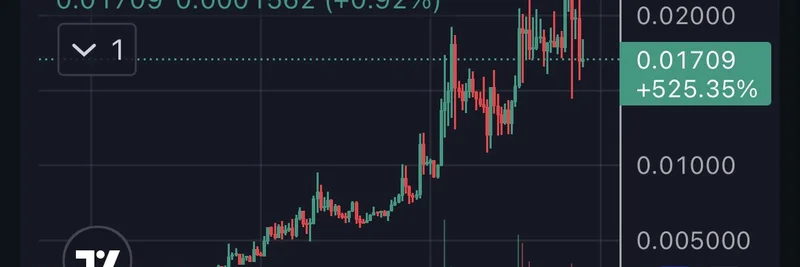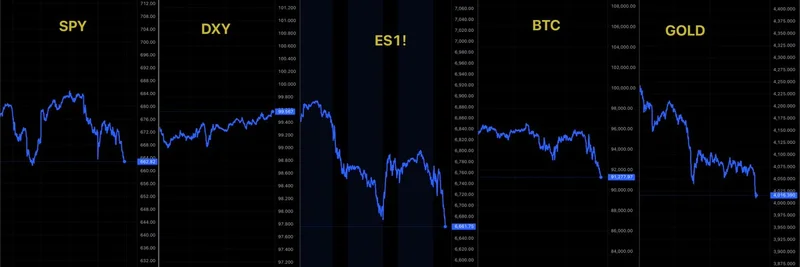In the fast-paced world of cryptocurrency, media coverage can make or break public perception. Recently, a segment on 60 Minutes stirred up quite the storm by questioning President Trump's pardon of Changpeng Zhao, better known as CZ, the founder of Binance—the globe's largest crypto exchange. But as voices from the crypto community, including legal experts like Teresa Goody Guillén, point out, the report might be leaning more toward sensationalism than balanced journalism.
Let's break it down. For those new to the scene, Binance is a powerhouse platform where traders buy, sell, and swap everything from Bitcoin to the latest meme tokens like Dogecoin or newer entrants inspired by viral trends. CZ stepped down after pleading guilty in 2023 to violations related to anti-money laundering laws, with Binance agreeing to a hefty $4 billion fine. He served a short prison term, but Trump issued a full pardon last month, sparking debates about potential conflicts of interest.
The 60 Minutes piece, aired on November 16, 2025, highlighted concerns from former Justice Department officials. They suggested the pardon could be tied to Binance's role in supporting World Liberty Financial, a crypto project linked to the Trump family. According to the report, an Emirati fund poured $2 billion into the venture shortly before the pardon, potentially benefiting Trump and his circle. Experts quoted in the segment labeled it as "corruption," arguing it compromises national interests and erodes trust in government.
But hold on—crypto insiders aren't buying it wholesale. In a pointed response on X (formerly Twitter), Teresa Goody Guillén, a partner at BakerHostetler and former SEC attorney, called out the segment's claims as "false." She noted that these allegations have already been debunked on outlets like Fox News, Fox Business, and The Pomp Podcast, hosted by investor Anthony Pompliano. Guillén emphasized that the report relied on statements from a former Pardon Attorney who wasn't even involved when the pardon was processed. Her tweet, replying to Perianne Boring of the Digital Chamber, underscores a pattern of biased crypto coverage by mainstream media.
Perianne Boring, a prominent crypto advocate, echoed this sentiment, referencing her previous critiques of 60 Minutes' handling of blockchain stories. She argued that the show prioritizes drama over facts, ignoring the broader context of how the Biden administration pursued the case against CZ.
Why does this matter for meme token enthusiasts and blockchain practitioners? Binance isn't just about big-cap coins; it's a launchpad for countless meme projects. A stable, pardoned CZ could signal renewed confidence in the platform, potentially boosting listings and trading volumes for fun, community-driven tokens. On the flip side, ongoing media scrutiny might fuel regulatory fears, affecting market sentiment across the board.
Fact-checkers like those at FactCheck.org have also weighed in, clarifying Trump's statements on the pardon. He claims no personal knowledge of CZ and acted on recommendations from supporters who viewed the prosecution as overreach. While questions linger about the Emirati investment and its timing, the crypto world sees this as part of a larger shift toward pro-innovation policies under the new administration.
For a deeper dive, check out the full 60 Minutes transcript here. And if you're building in blockchain, remember: staying informed on these narratives helps navigate the volatile waters of crypto. What do you think—bias or fair play? Drop your thoughts in the comments on meme-insider.com.




